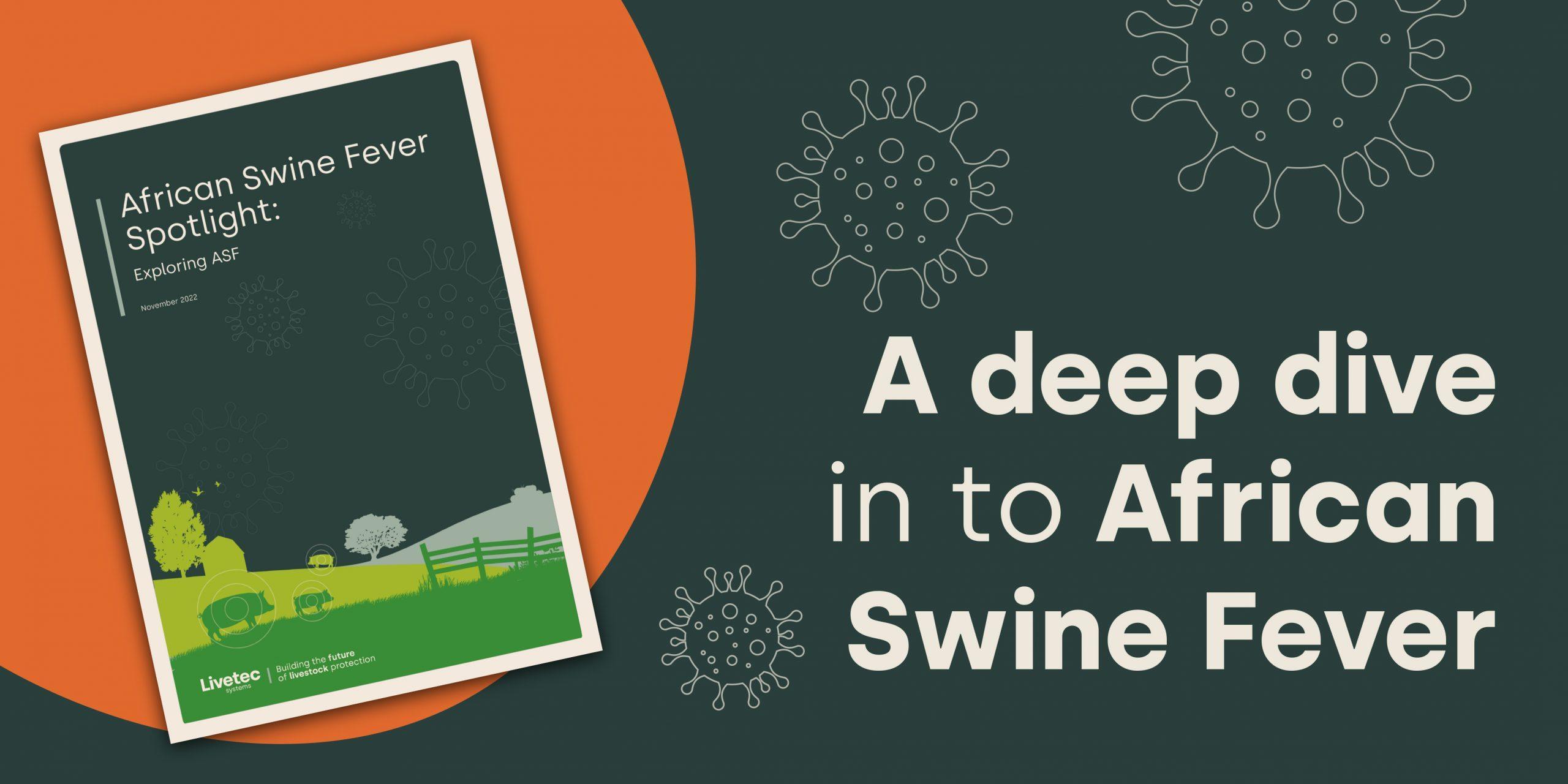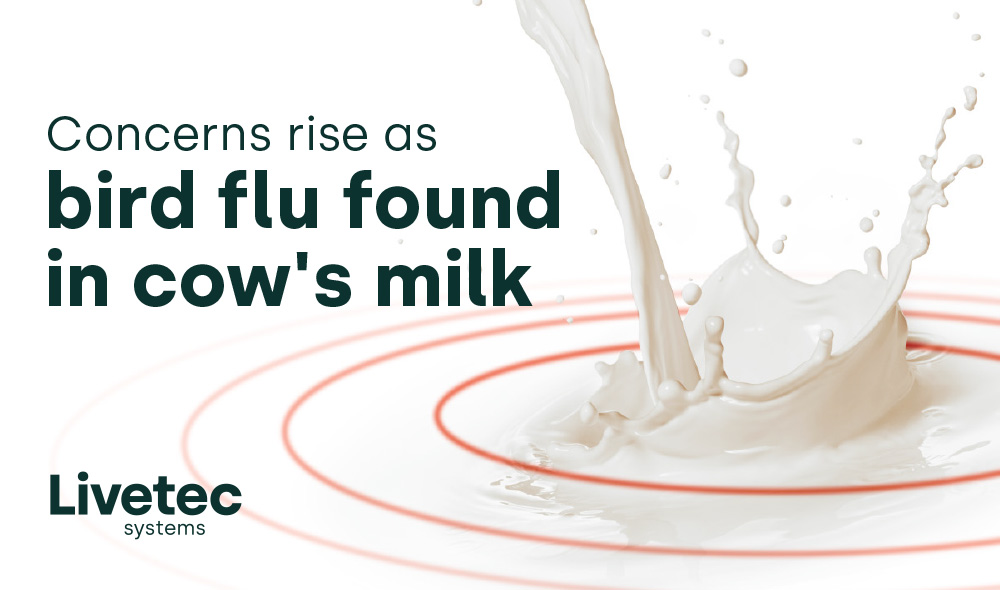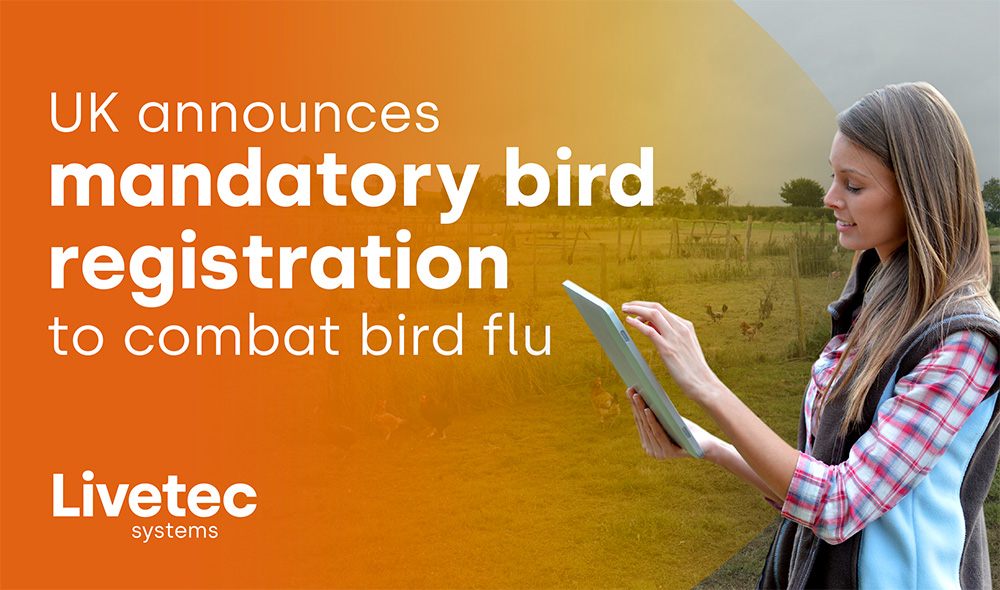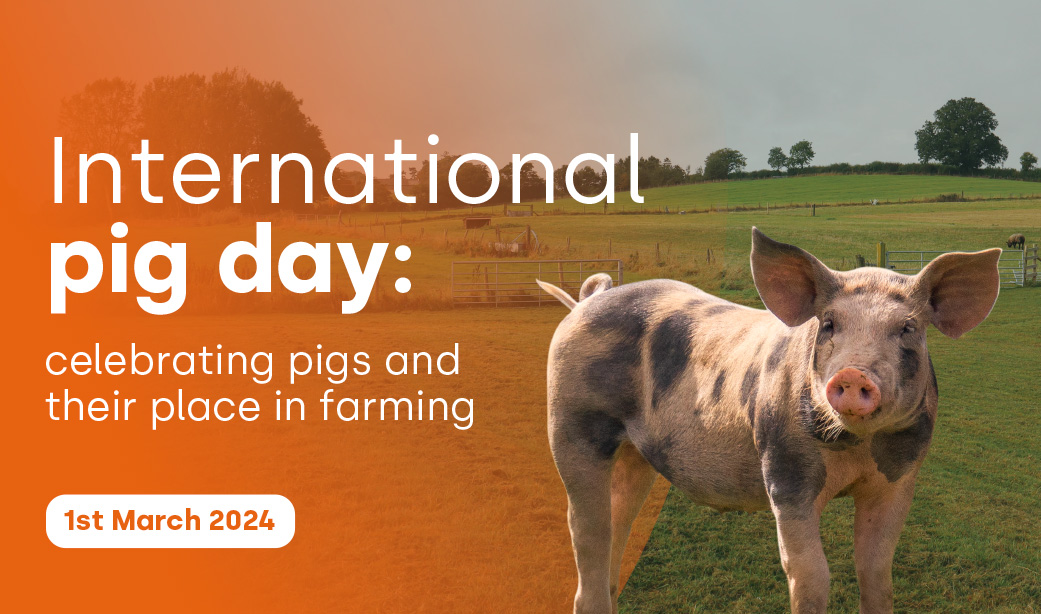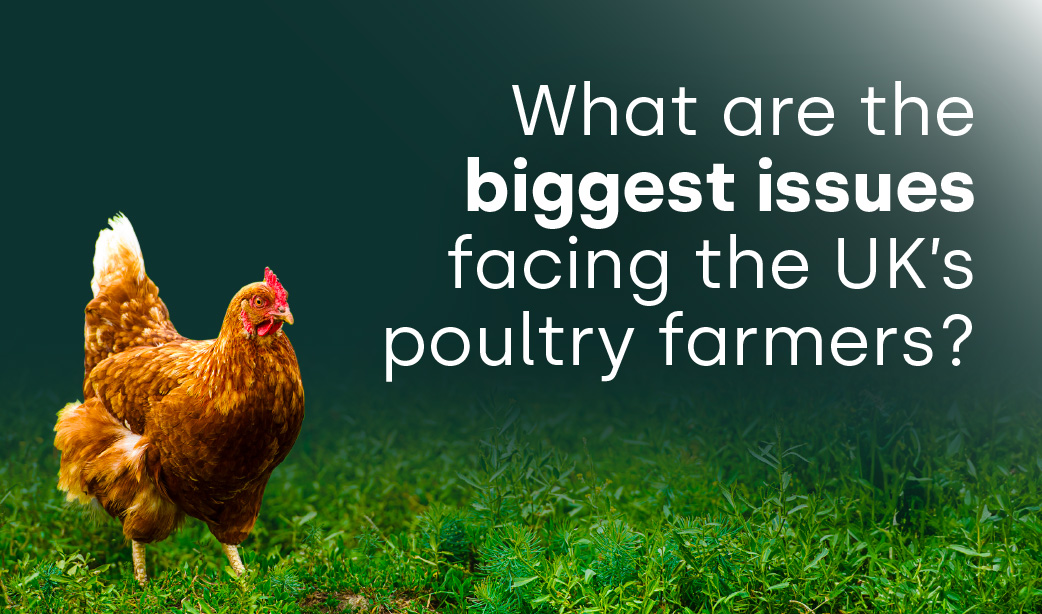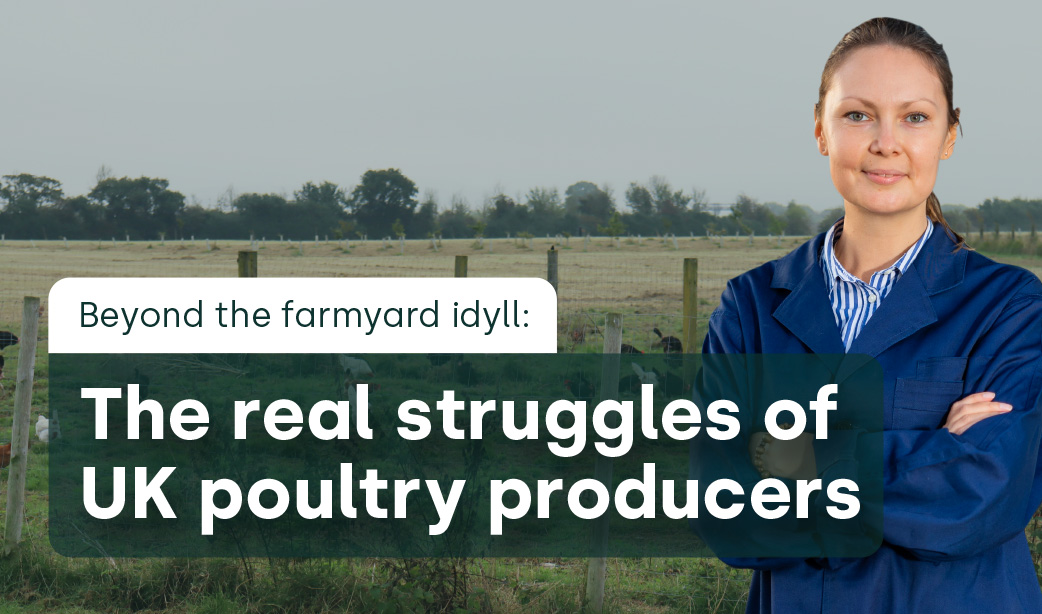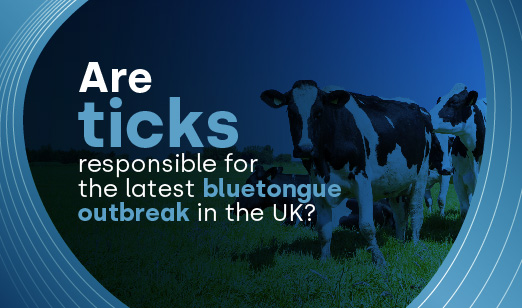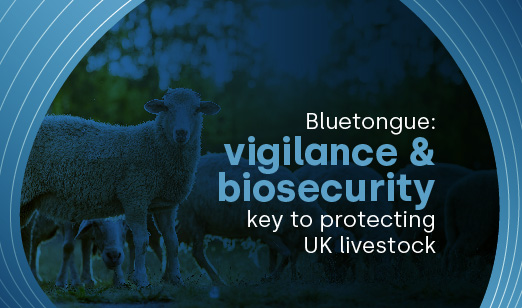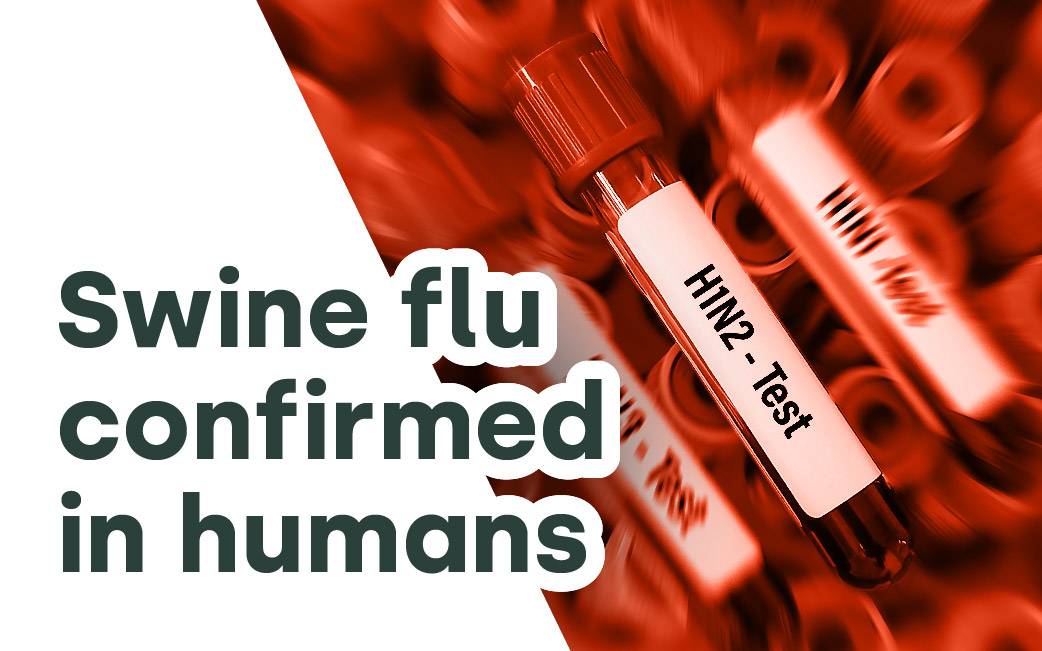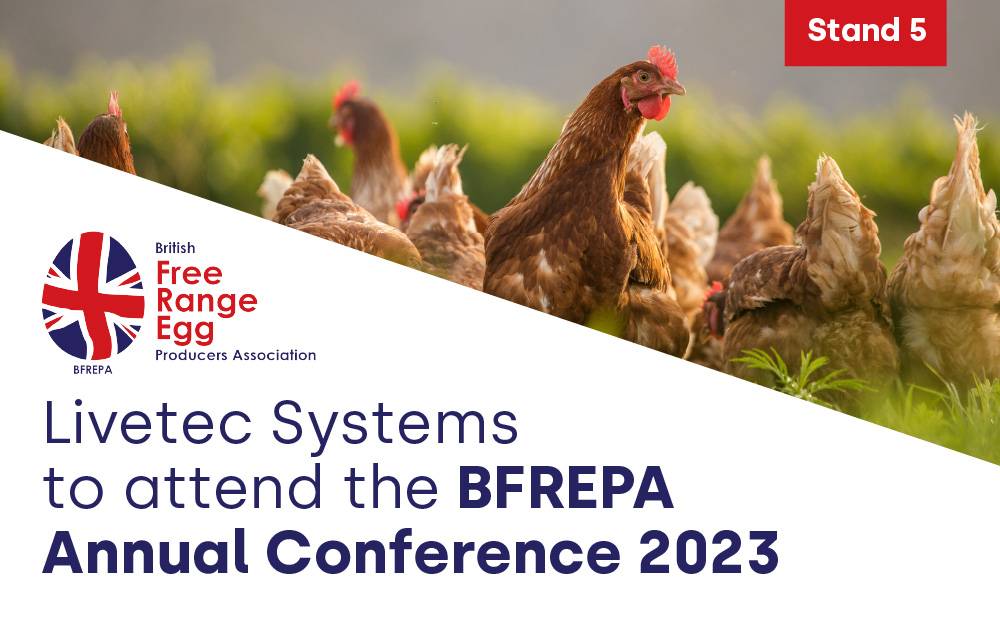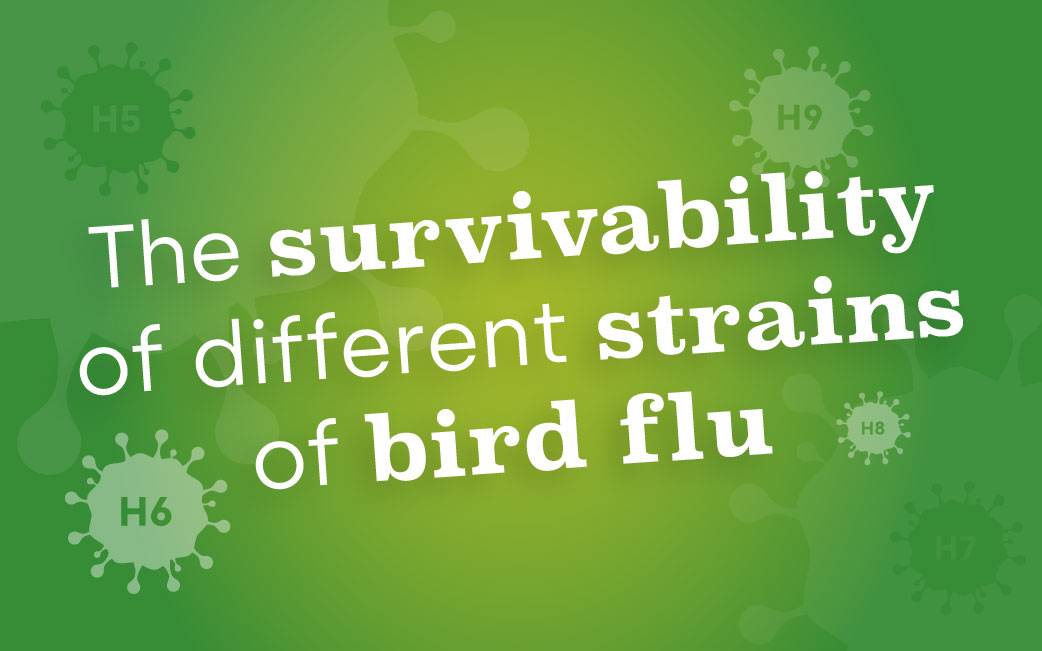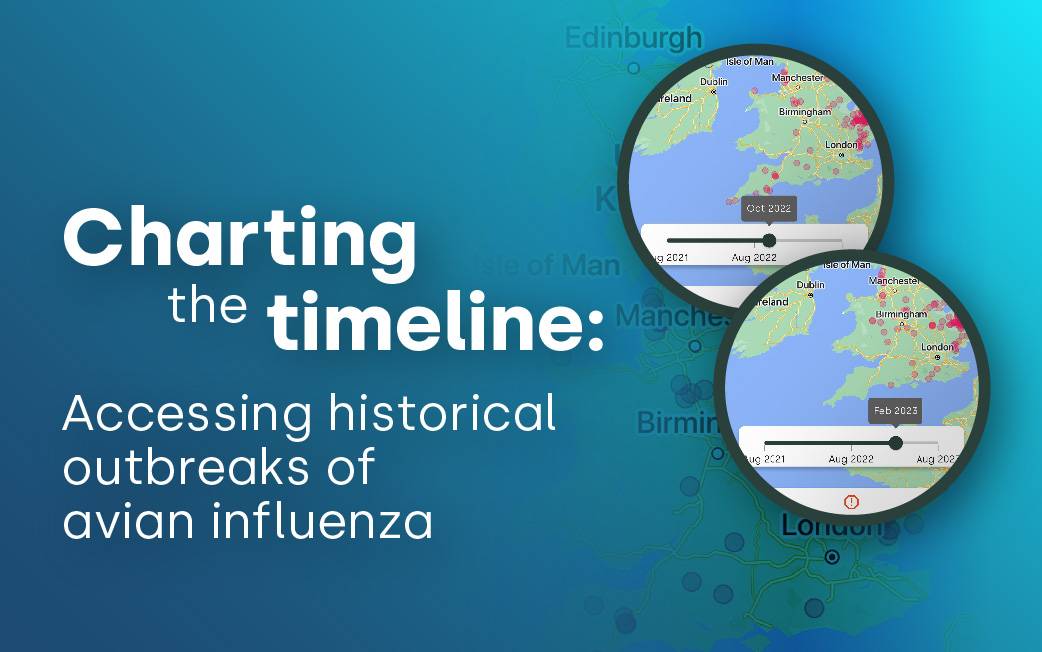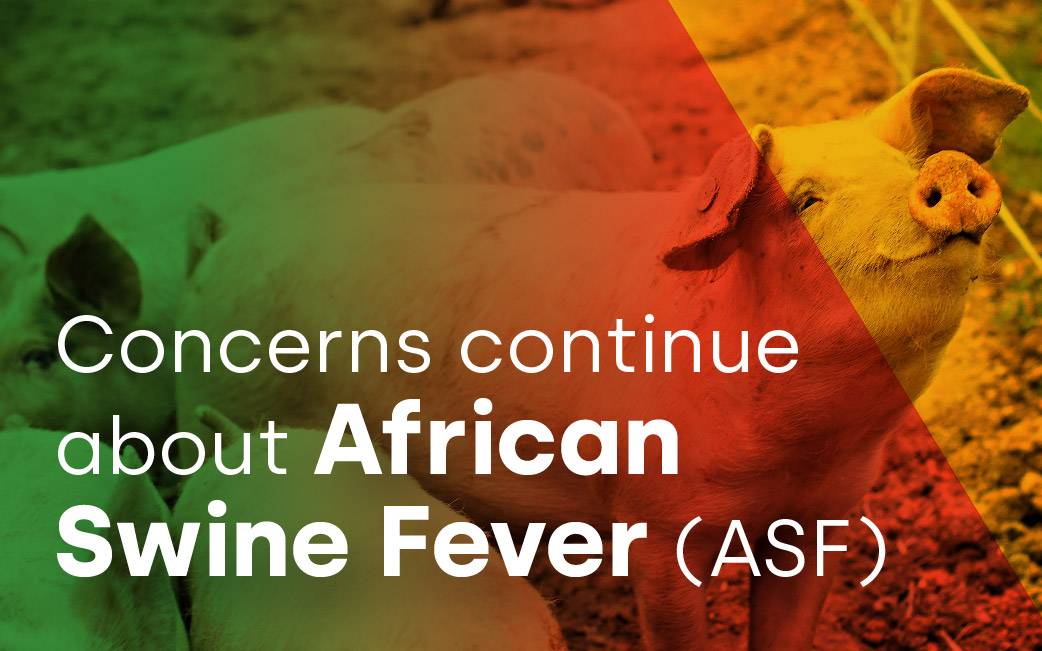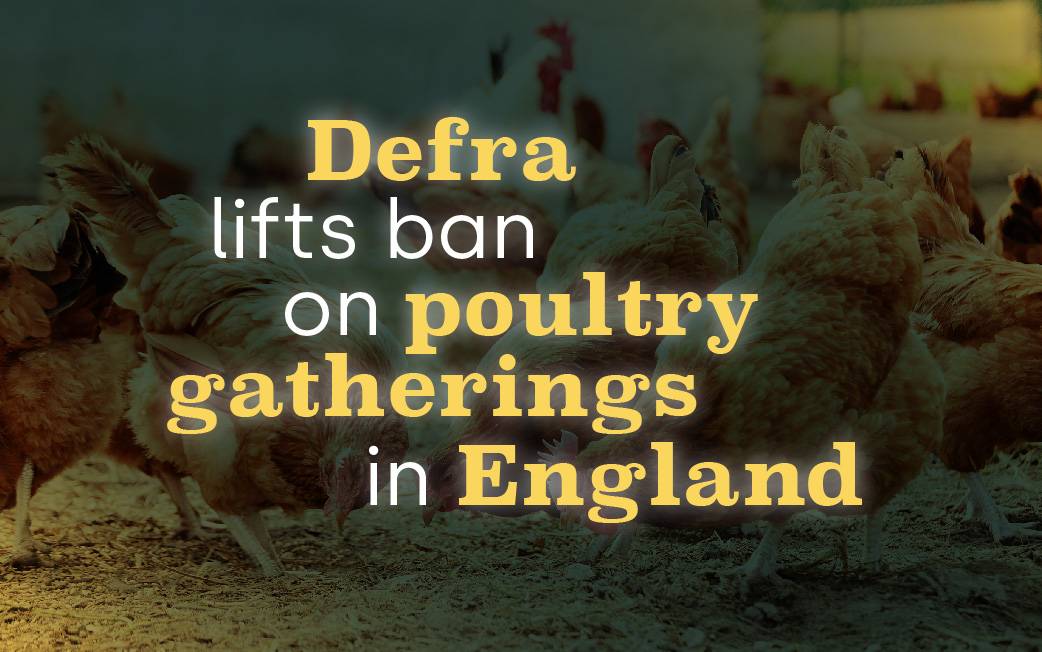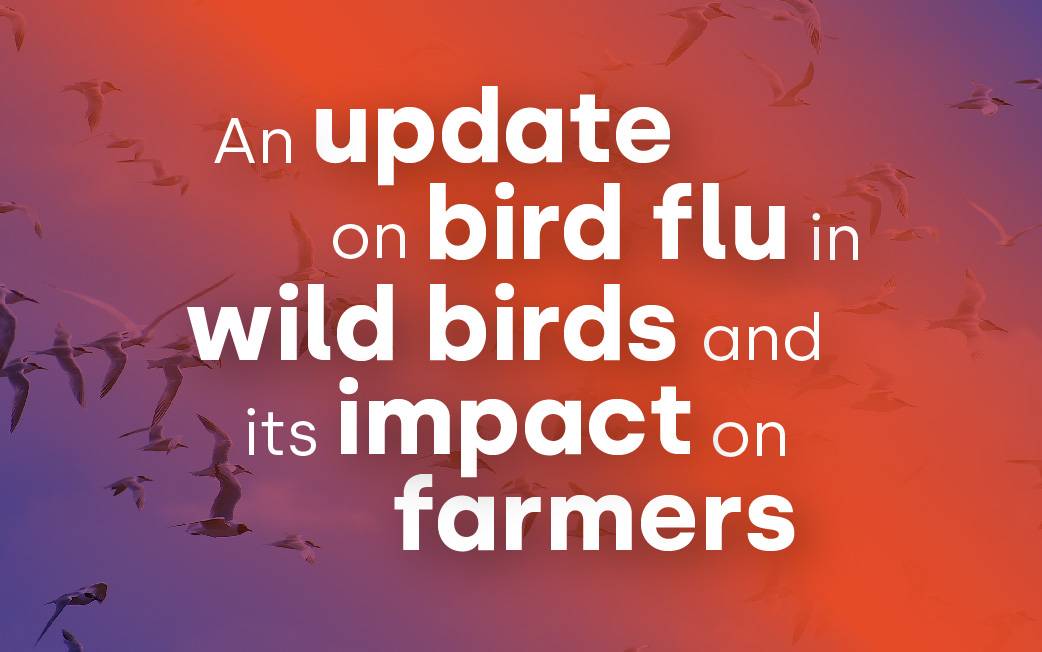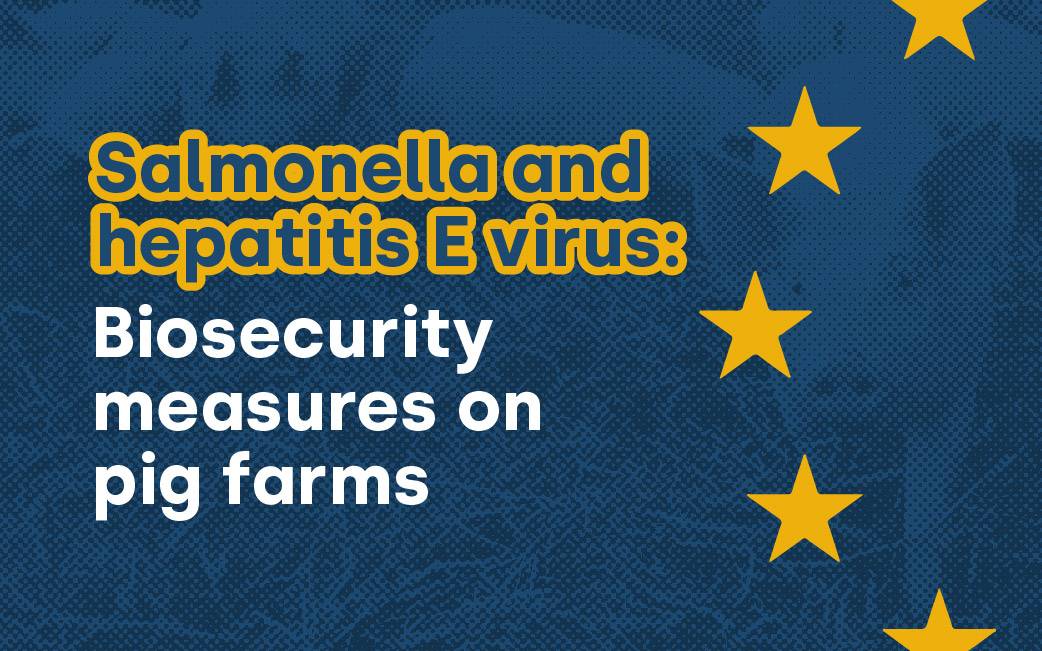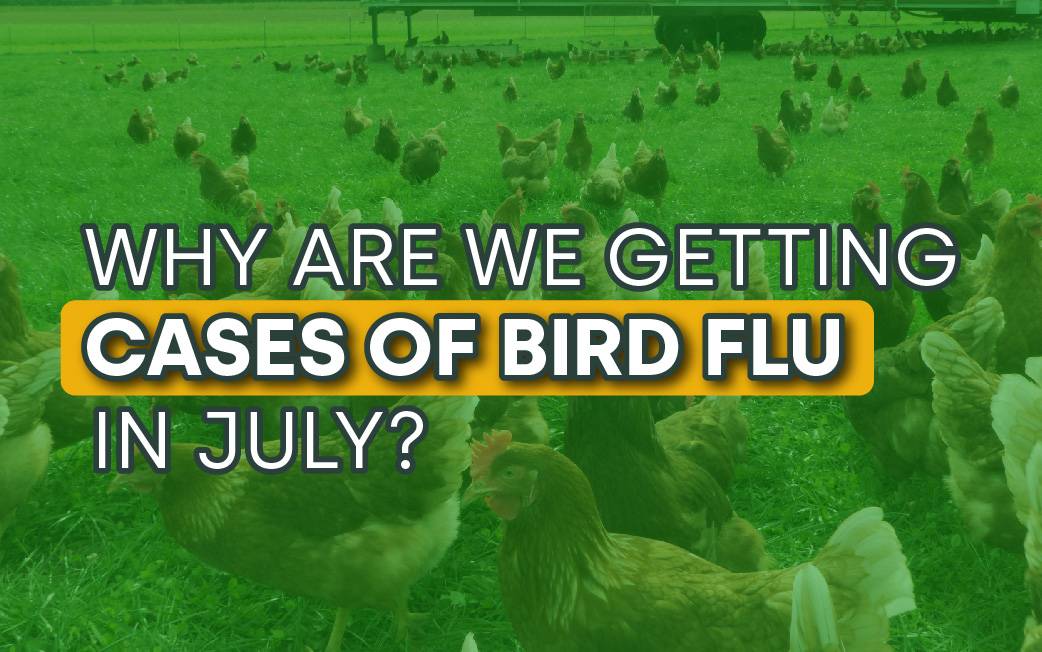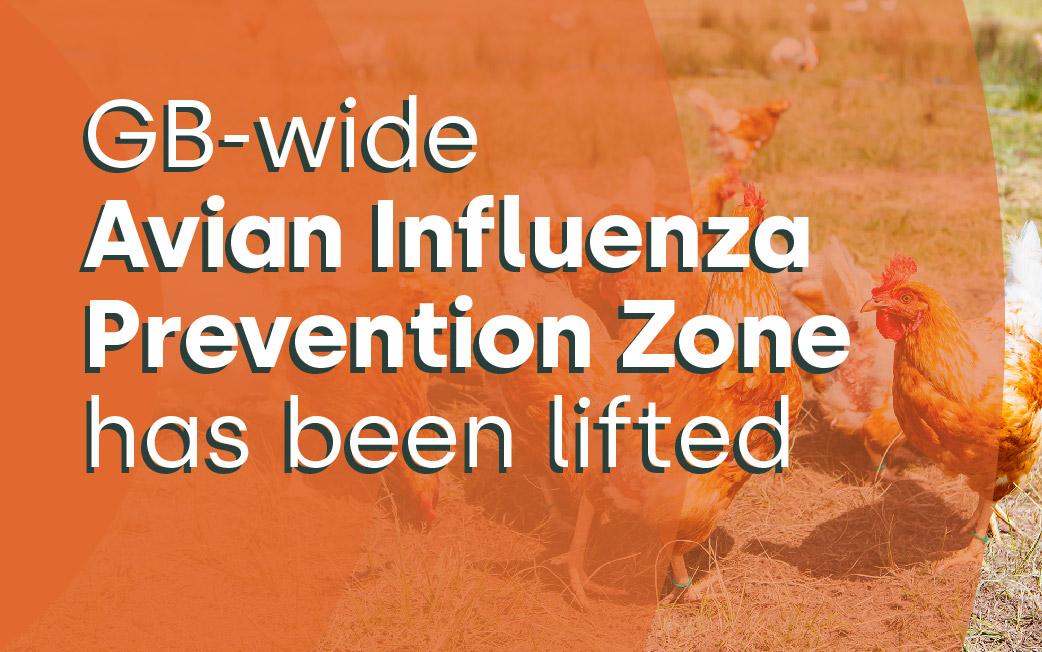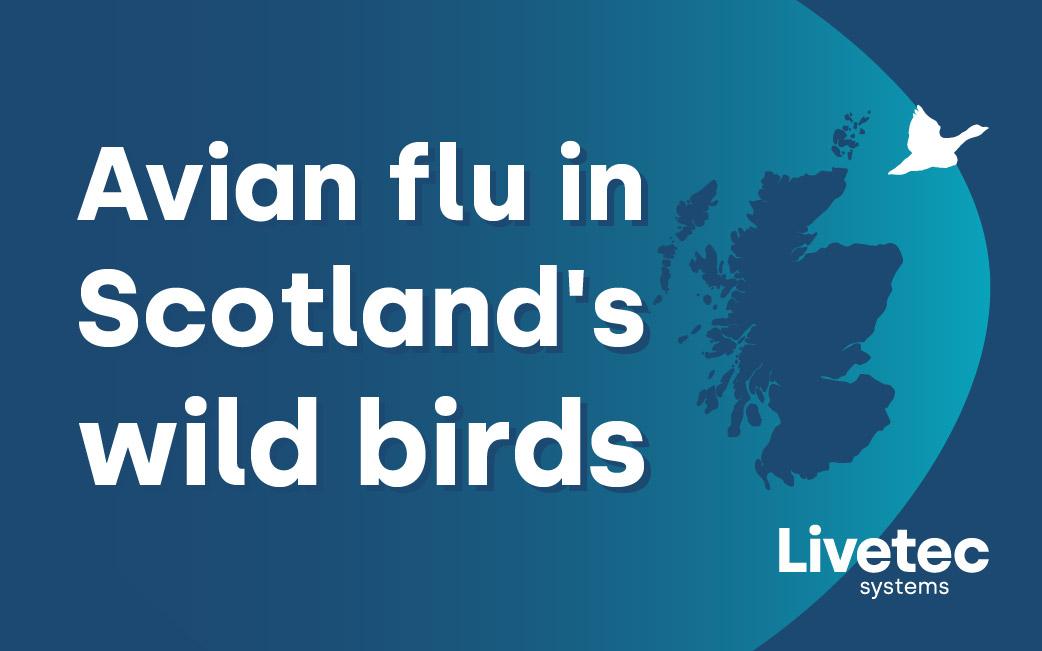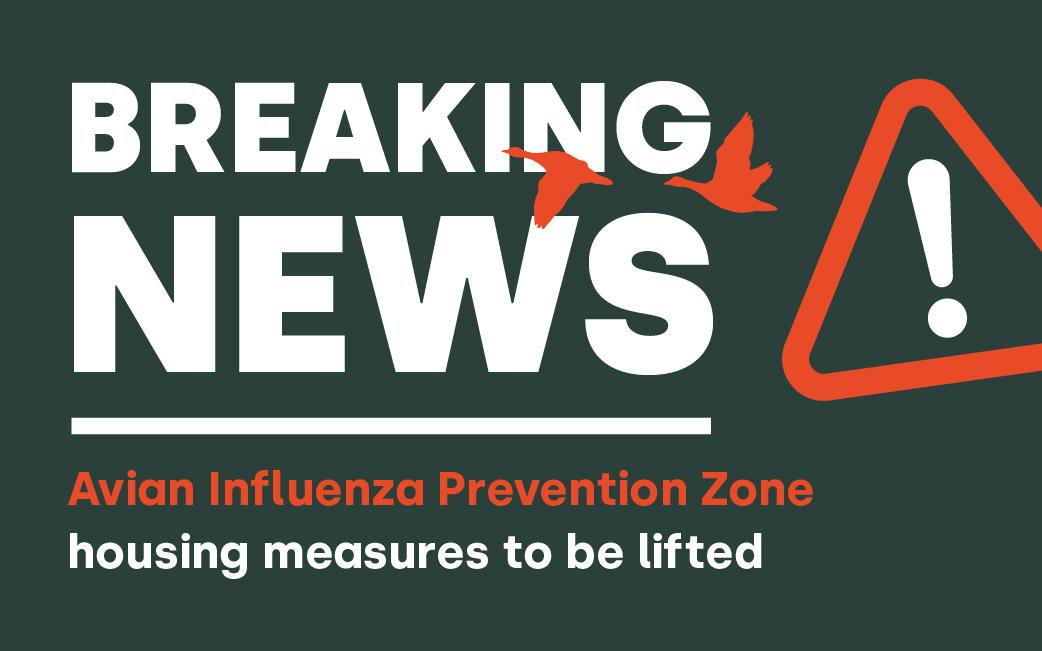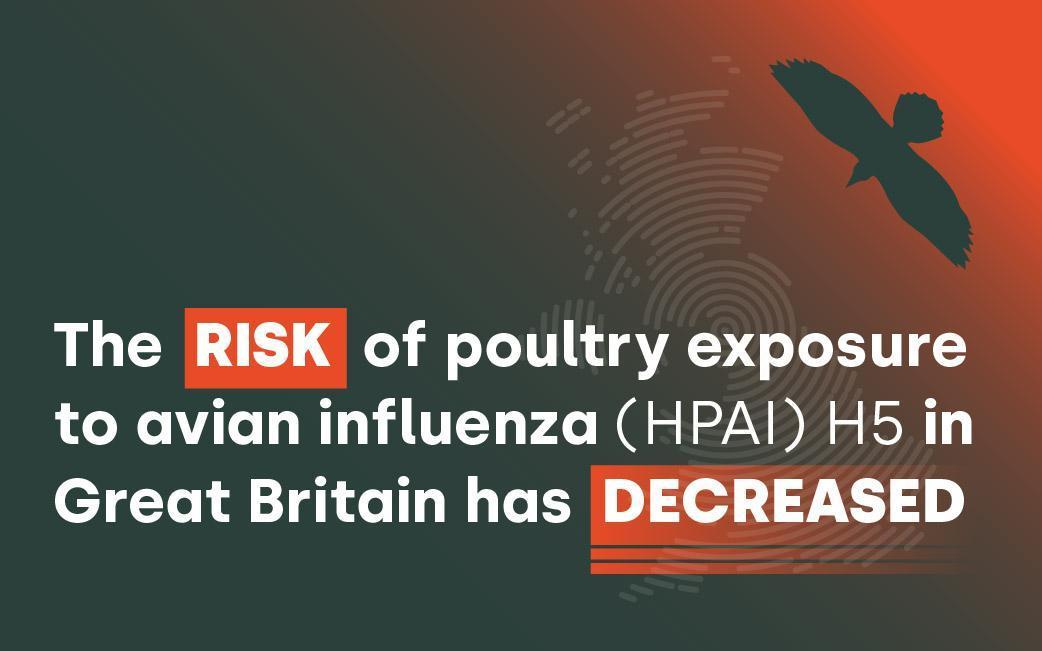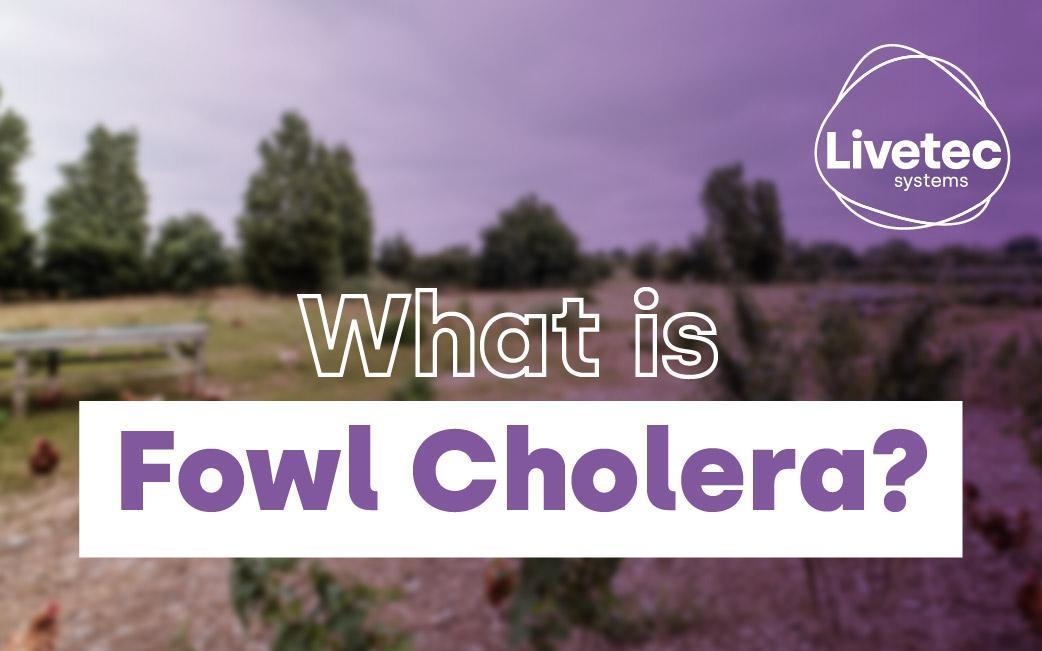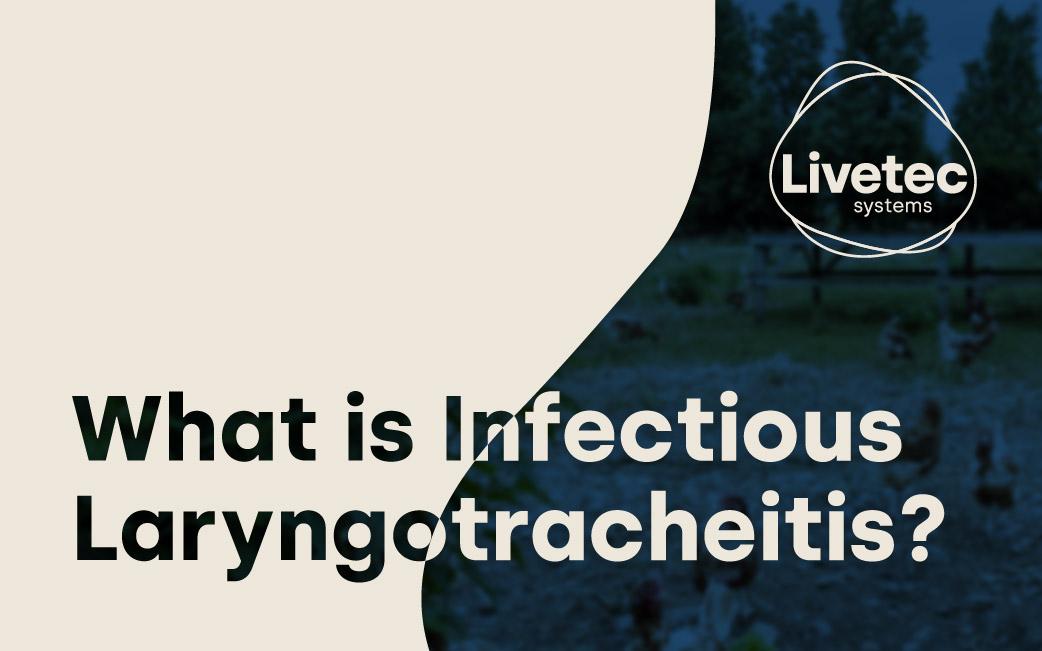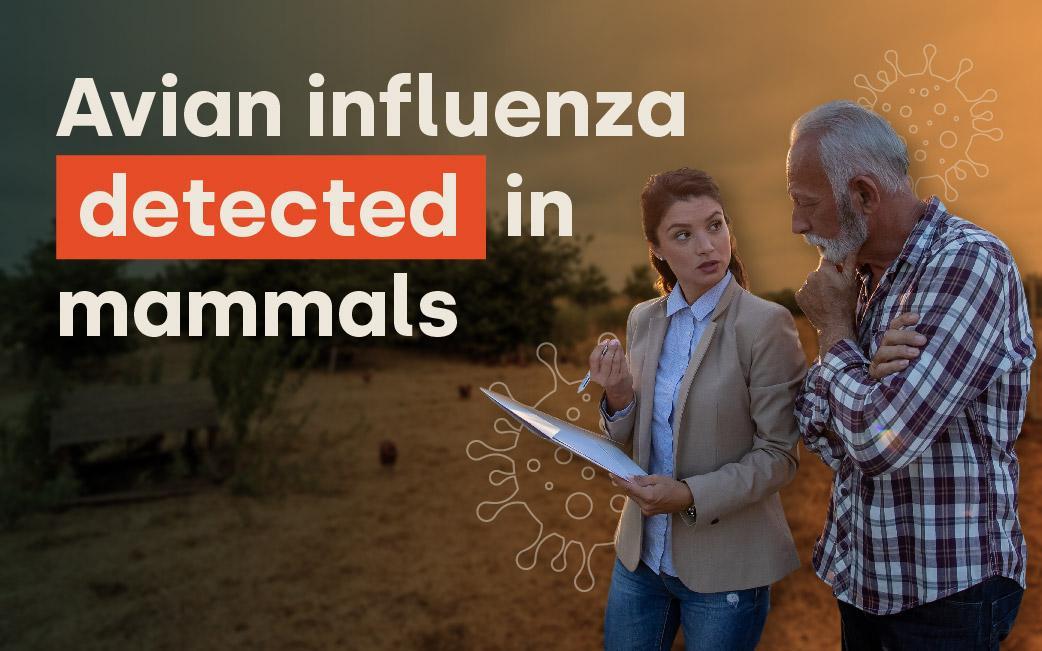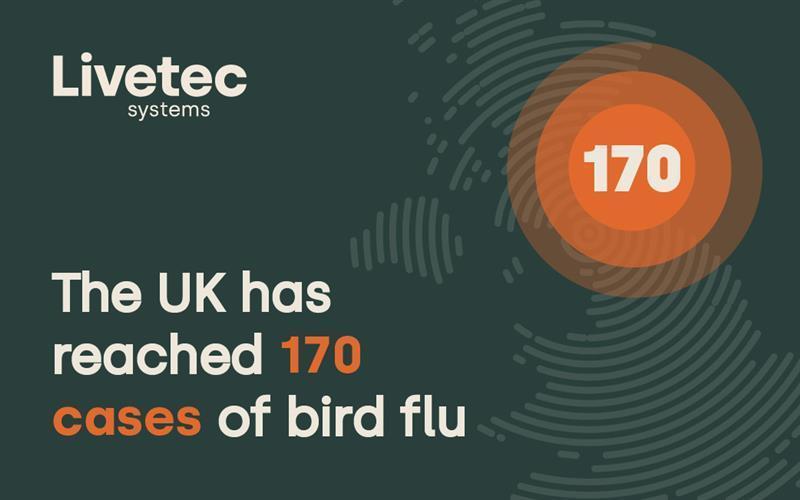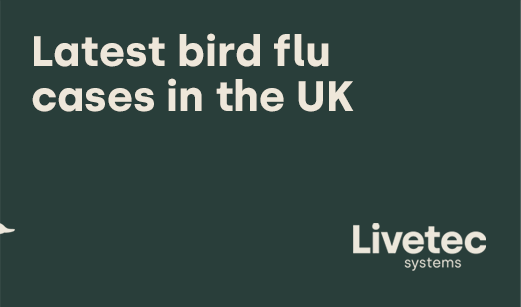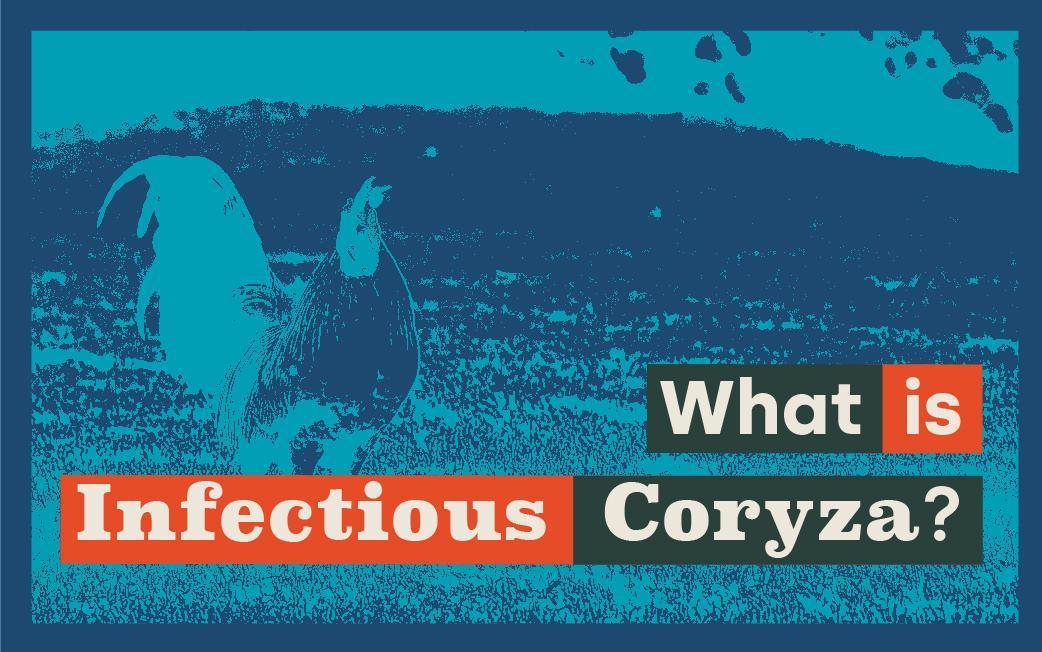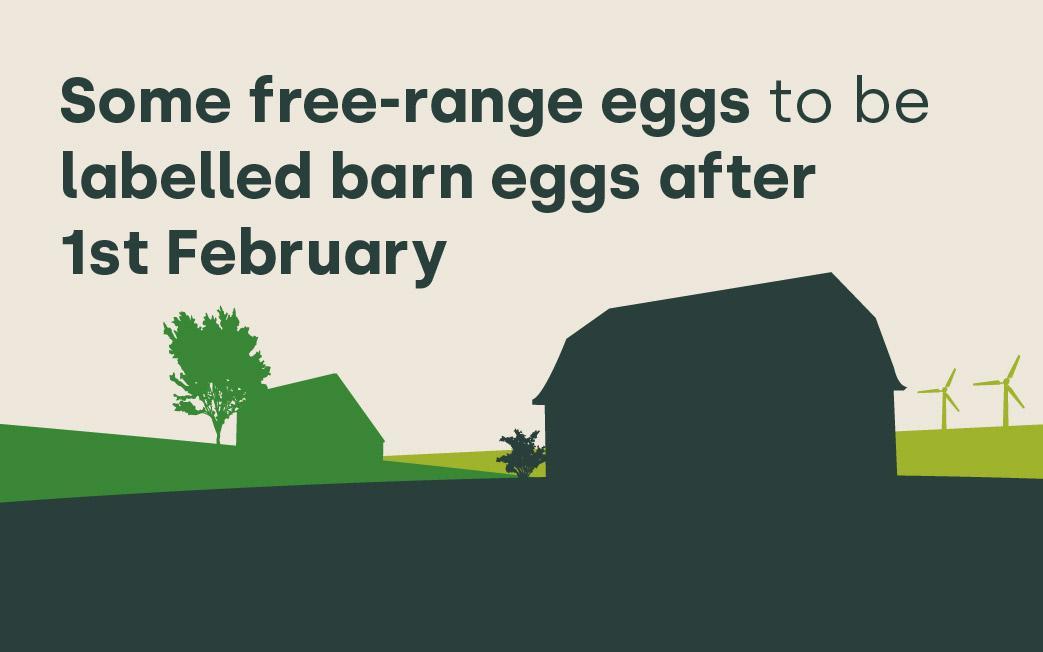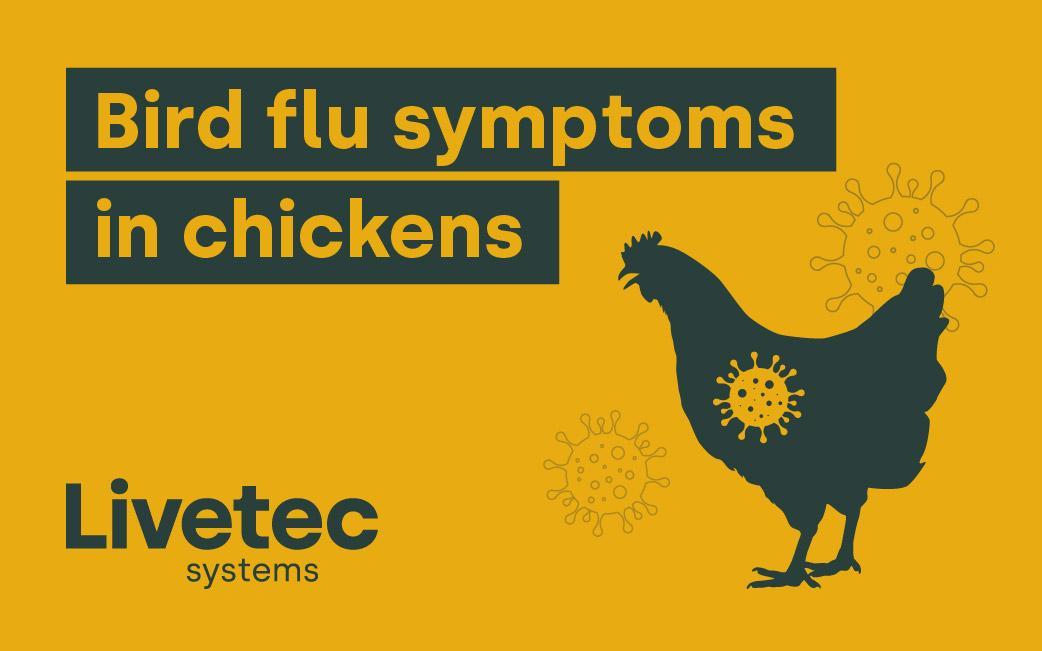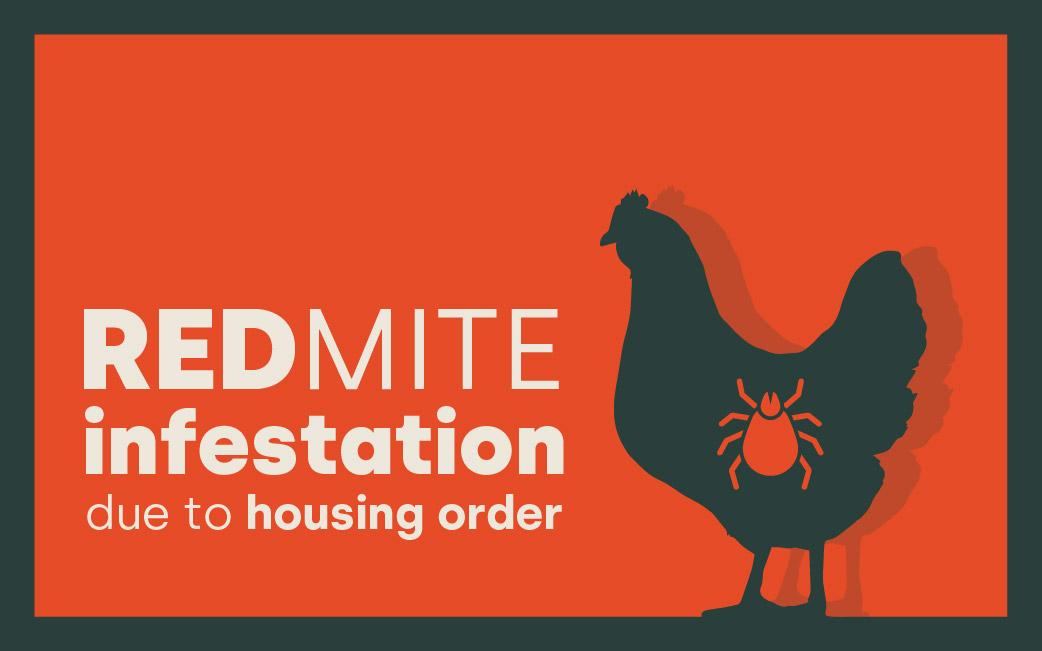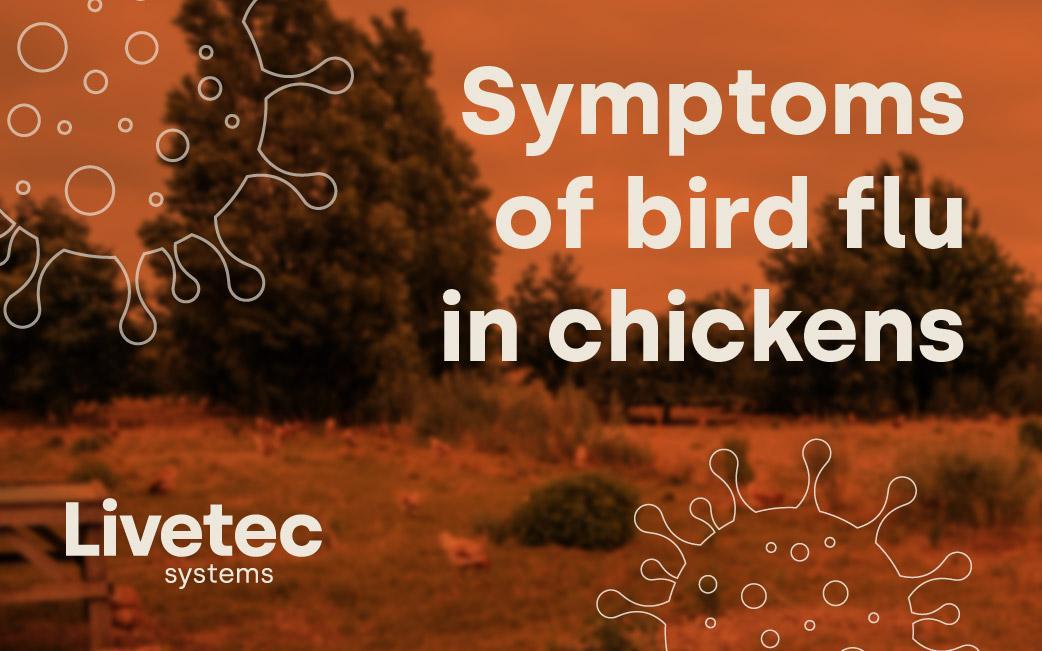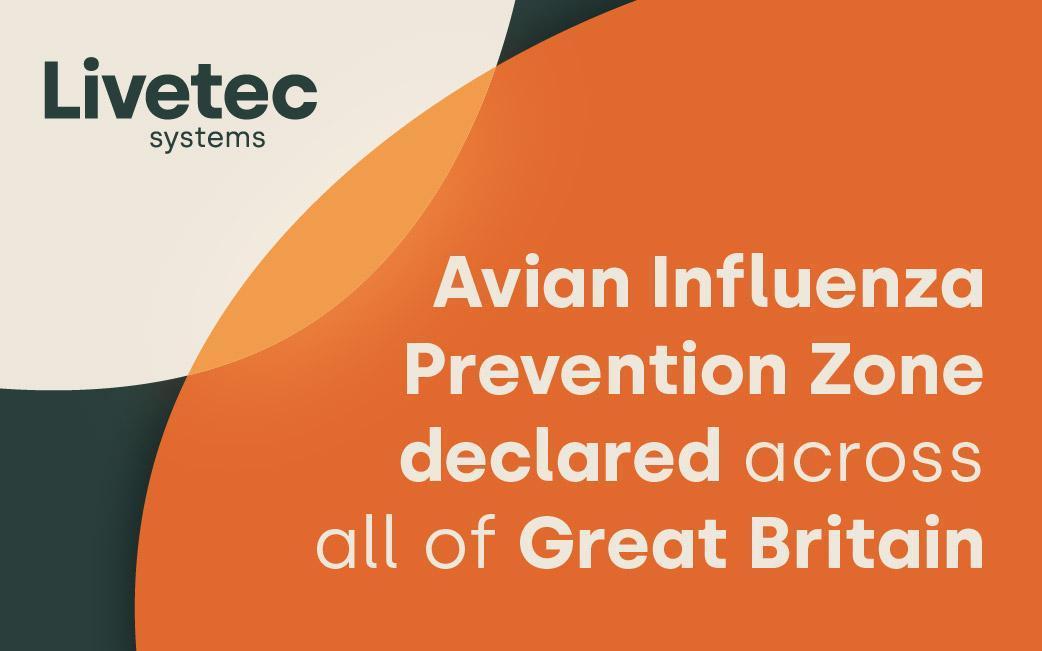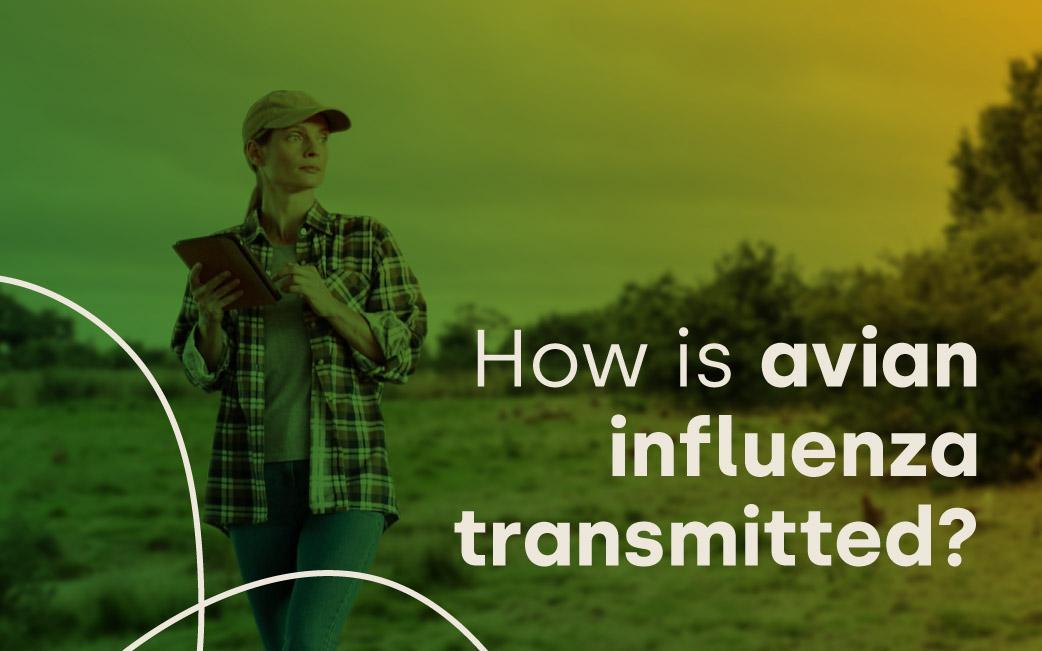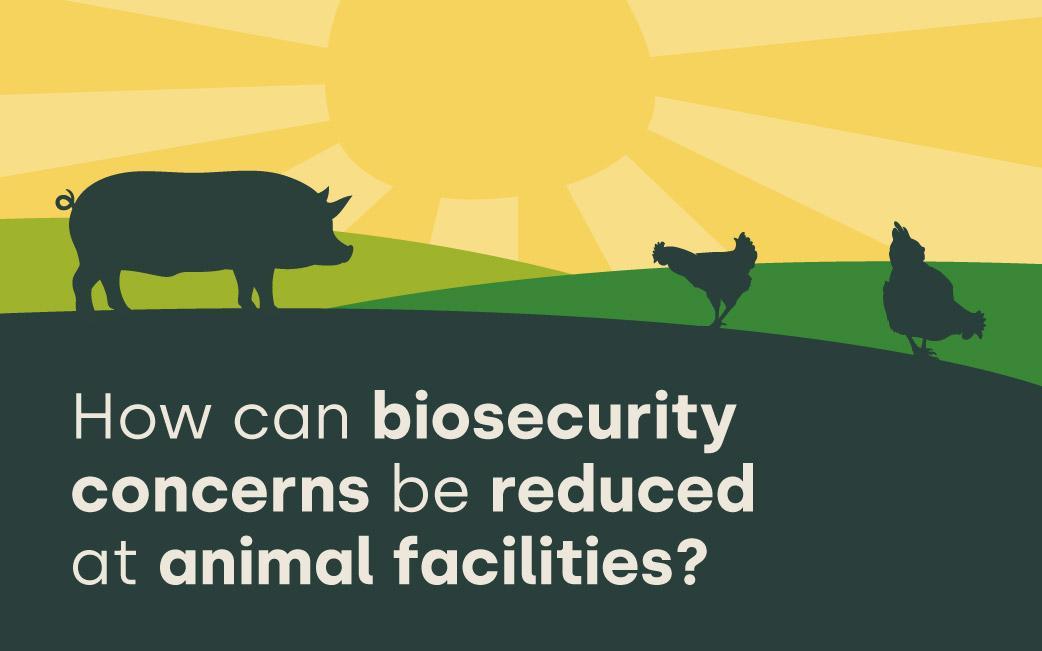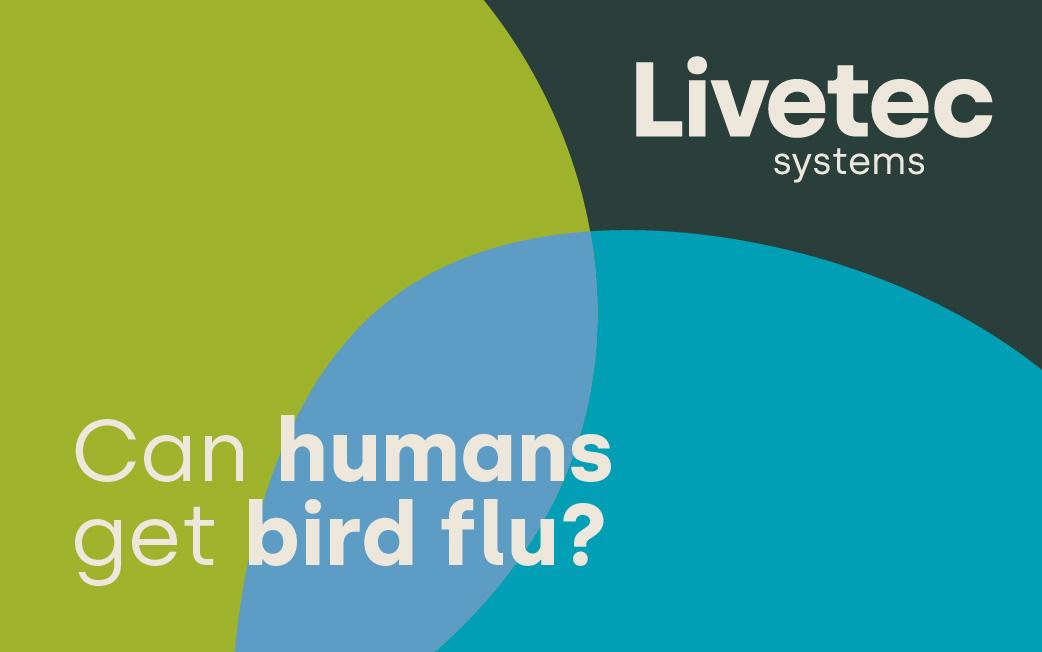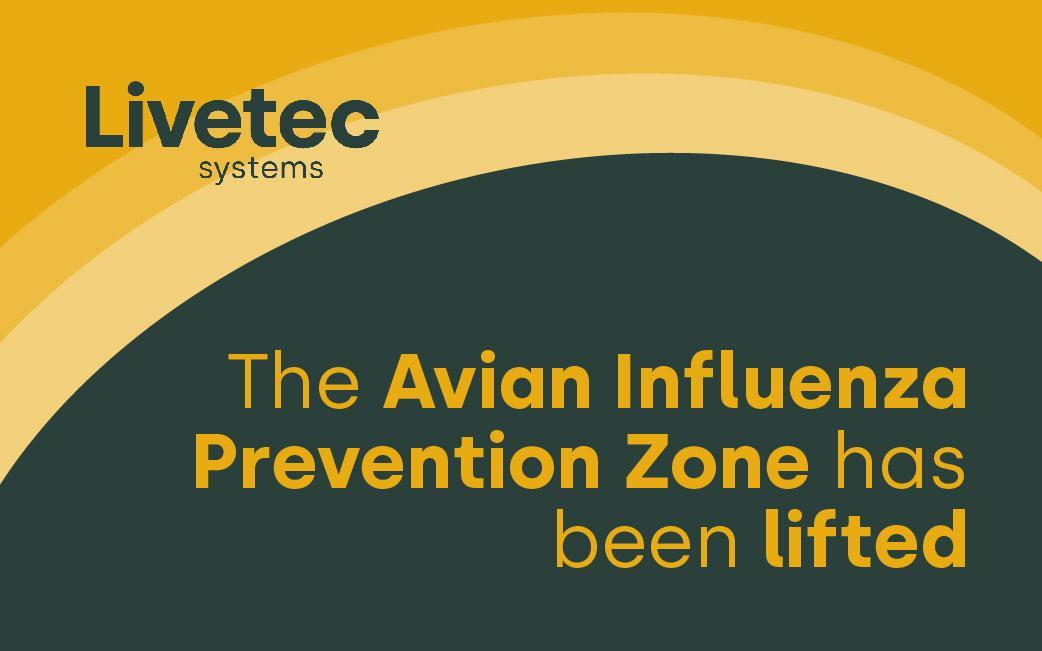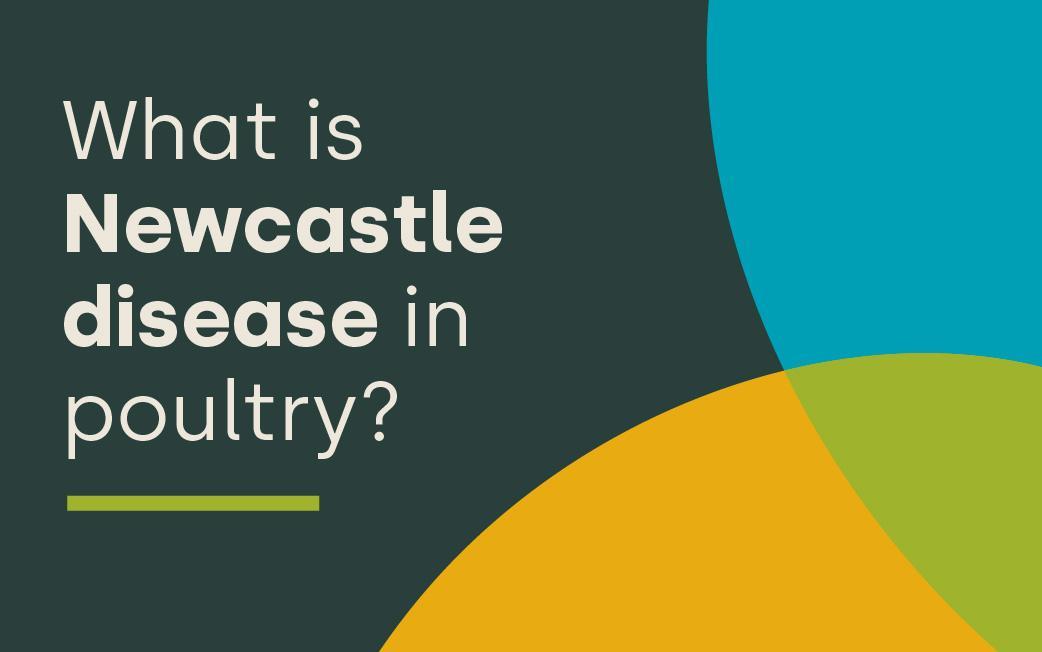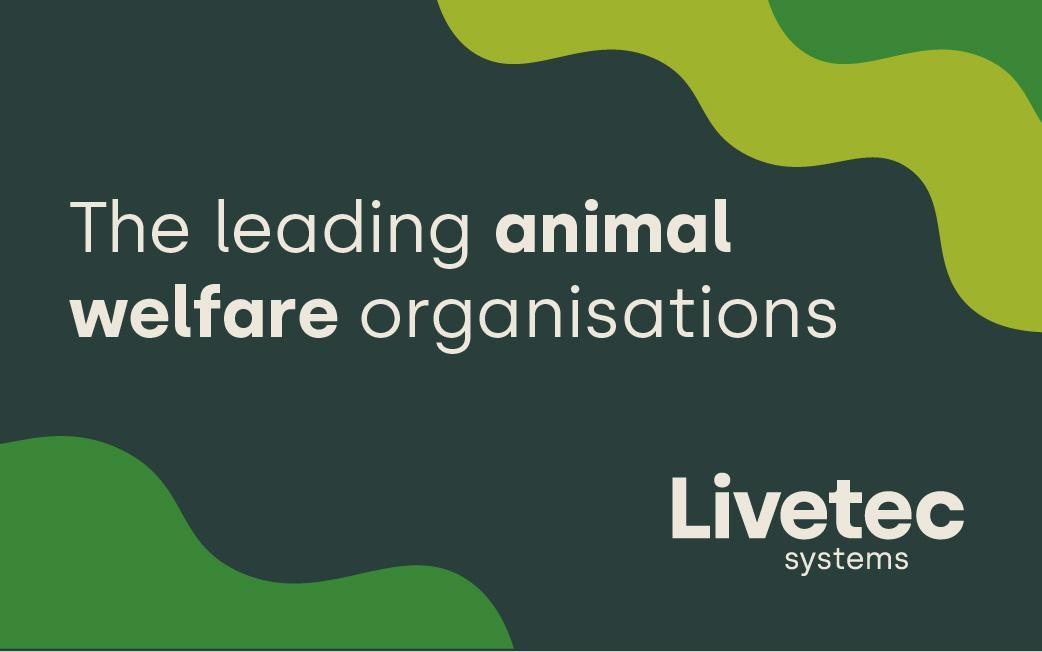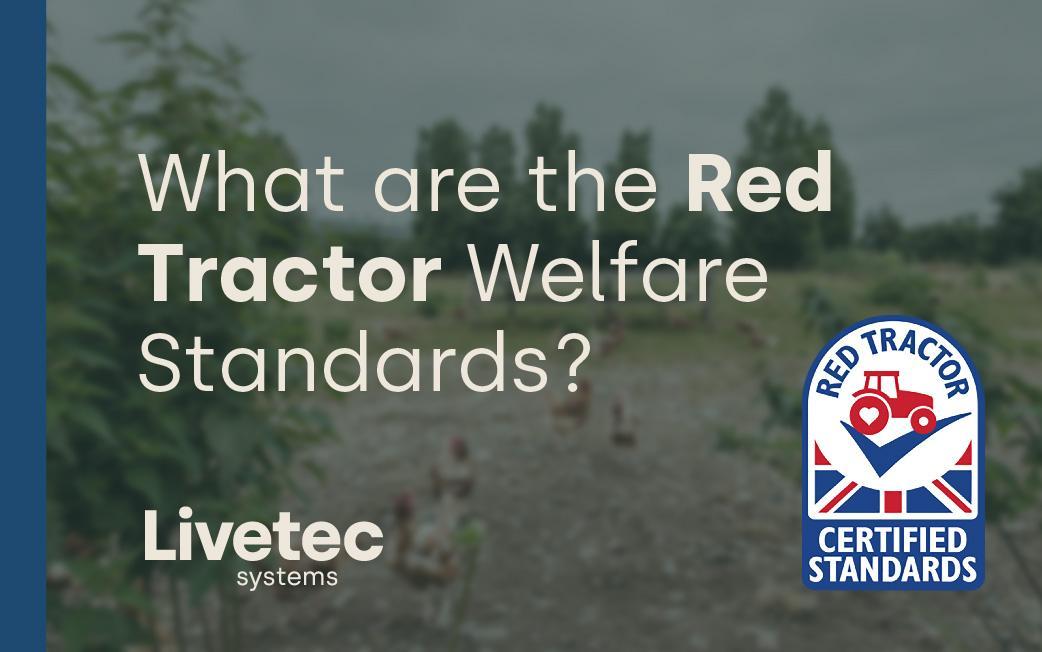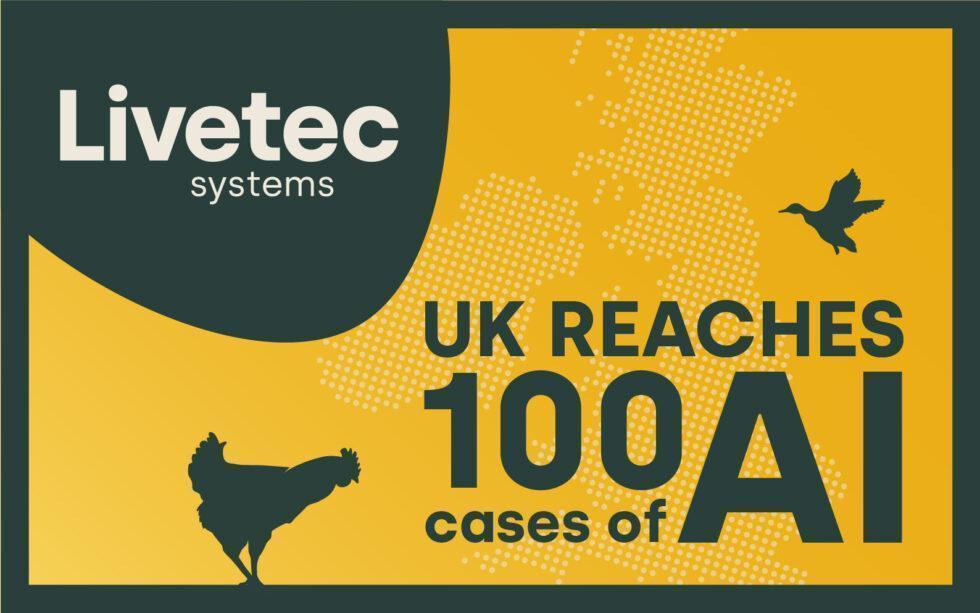Should UK farmers be concerned?
African Swine Fever (ASF) is something that we’re hearing more and more about across Europe. It’s a viral disease that can affect both domestic pigs and wild boars, with an extremely high mortality rate for the most virulent strains.
According to the World Organisation for Animal Health (WOAH), this disease is responsible for huge losses in pig populations and can have drastic economic consequences. It has led to crisis in the pork industry – and has had a detrimental impact on biodiversity due to its effects on wild boar populations. But, with no known cases of ASF on our shores, should British farmers be worried?
Where did African Swine Fever originate?
As the name suggests, ASF was first encountered in Africa. The first known recorded cases relate to domestic pigs in Kenya, in 1921. Although the virus could be contracted and carried by African members of the Suidae family, such as warthogs, those animals were unaffected. They did, however, spread the virus to domestic pigs.
The first recorded outbreak of ASF in Europe happened in Portugal in 1957; it is widely believed that the outbreak was caused by an infected pig originating from Angola. While this first outbreak was brought under control, a second outbreak spread from Portugal to nearby Spain, and then France.
According to the US Department of Agriculture, ASF remained in Europe until 1995 – only to be then re-introduced in 2007 through Georgia, quickly spreading to several more countries. By 2014, African Swine Fever was detected in Lithuania, marking its arrival in the European Union (EU), and has since spread to yet more EU countries.
The reason that it’s now a cause for concern for British farmers is that the spread of the disease appears to be escalating. A growing number of countries are reporting their first cases, more new regions are reporting their first instances of African Swine Fever and cases are popping up amongst our closest European neighbours.
Our complete guide to African Swine Fever includes an in-depth analysis of the diseases spread. Get your copy here.
What’s the current situation?
The latest data from the Department for Environment, Food & Rural Affairs (Defra) and the Animal and Plant Health Agency (APHA) confirms the presence of African Swine Fever in the following European countries:
- Bulgaria
- Estonia
- Germany
- Greece
- Hungary
- Italy
- Latvia
- Lithuania
- Moldova
- North Macedonia
- Poland
- Romania
- Russia
- Serbia
- Slovakia
- Ukraine
Other countries with recorded cases of swine fever include Cambodia; China; Hong Kong; Korea; Laos; Malaysia; Thailand; Vietnam; the Dominican Republic; Haiti; and various African countries, with recent outbreaks also occurring in South Africa.
As of November 2022, African Swine Fever is not present in the United Kingdom – but this doesn’t mean the country is safe. The British Meat Processors Association (BMPA) recently expressed concern that a lack of border checks on food products arriving into the UK leaves British farmers vulnerable to the disease being imported.
It’s more important than ever that farmers are prepared for an outbreak, as no vaccine currently exists for ASF.
What are the clinical signs of African Swine Fever?
There are four main symptoms of the disease:
- Fever
- Lack of energy
- A loss of appetite
- Sudden death, often with few or no warning signs
Other symptoms can also indicate the presence of African Swine Fever, according to the Department for Environment, Food and Rural Affairs. These signs may also indicate other diseases and include:
- Patches of red or dark skin, concentrated on the snout and ears
- Discharge from the eyes and nose
- Vomiting
- Coughing and difficulty breathing
- Diarrhoea
- Unsteadiness
The main cause of infection is contact with other infected animals, but it can also be spread via tick bites, infected meat products being added to pig feed and contact with anything previously exposed to the virus, such as vehicles or farm equipment.
How can farmers prepare for African Swine Fever and mitigate against swine fever on their farms?
The fact Great Britain is an island nation may lead to complacency, but a natural barrier is not necessarily enough to keep African Swine Fever out and livestock safe. The case of Sardinia is a striking example: despite being an island, its farmers found themselves dealing with swine fever in 1978 – a full fifteen years before the disease was first reported on mainland Italy.
African Swine Fever is a notifiable animal disease. This means that if you suspect there may be an outbreak of the disease among your livestock, you must immediately report it; neglecting to do so is an offence.
Maintaining the highest standards of biosecurity is key to protecting against the incursion of any disease onto your farm and amongst your livestock.
Our guide to African Swine Fever provides more information on applicable measures. Get your copy here.
Elevated hygiene and cleansing practises are also advisable, with access control to restrict movements on farm, cleaning of all vehicles, equipment and clothing and the use of disinfection measures before entering pig housing, upon exiting housing and after stock rotations.
In addition to bespoke biosecurity solutions including consultations, audits, mapping and contingency planning, Livetec’s unique biosecurity management software, Farm Health Guardian (FHG) can help farmers to better defend their livestock and livelihoods against the threat posed by African Swine Fever.
Created to replace inefficient paper-based systems and enhance disease prevention measures, Farm Health Guardian can be deployed across farms of any size and managed from any handheld device.
For more information about African Swine Fever, by downloading our complete guide.

